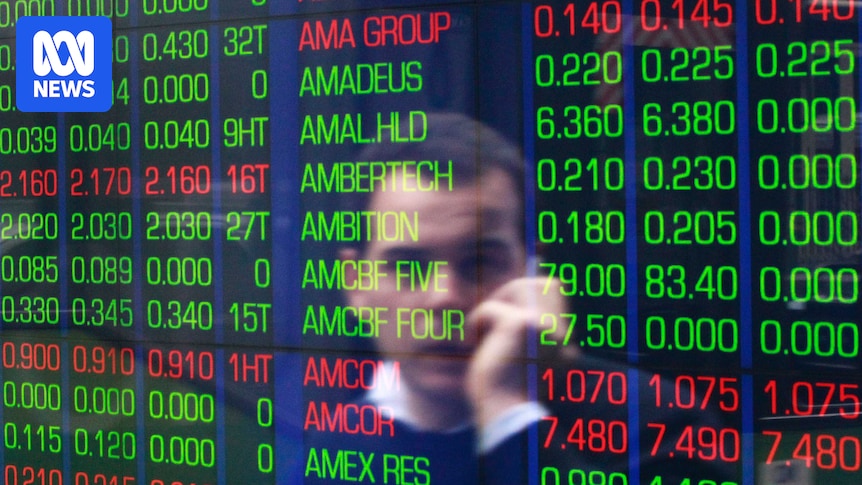
Asia’s richest man, Mukesh Ambani, is at a crossroads as he navigates the complexities of global trade and geopolitical tensions. The billionaire, who helms India’s Reliance Industries, must decide whether to continue importing cheap Russian crude oil, which has been a cornerstone of his fortune, or to yield to international pressure, particularly from the United States, to halt such imports.
Reliance Industries, which operates the world’s largest refinery in Jamnagar, Gujarat, has announced plans to cease importing Russian crude oil at its special economic zone (SEZ) refinery starting December 1. According to a company spokesperson, this decision will ensure that “product exports from [the] SEZ refinery will be from non-Russian crude oil.”
This move has significant implications, especially for Australia, as the Jamnagar facility exports substantial volumes of energy products to Australian ports. Analysts estimate that India supplies approximately 10% of Australia’s imported petrol and diesel, underscoring the global reach of Ambani’s business operations.
Global Trade and Geopolitical Tensions
The decision by Reliance Industries comes against the backdrop of heightened geopolitical tensions. The United States, under the leadership of President Donald Trump, has imposed tariffs on India, citing the country’s importation of Russian oil as a reason. This has sparked criticism from the Indian government, which deems the tariffs “unfair, unjustified and unreasonable,” especially since other countries like China and Turkey also import Russian crude without facing similar penalties.
The US and India are currently engaged in negotiations for a trade deal with global ramifications. Trump’s approach to these negotiations is often described as dealing from a position of strength, adding another layer of complexity to Ambani’s decision-making process.
Impact of Sanctions and Market Dynamics
The situation is further complicated by US sanctions on Russian oil producers Rosneft and Lukoil, which took effect today. These sanctions, along with Australian measures against the same companies, are expected to influence the flow of Russian crude to India. According to Sumit Ritolia, a senior analyst at Kpler, a global data tracker, “These developments reflect evolving logistical tactics by Russian exporters navigating tightening Western sanctions.”
“Discounted Russian barrels remain attractive for margins, and India’s energy policy continues to prioritize affordability and security over geopolitical pressure,” Ritolia explained.
Despite the sanctions, other Russian entities like Surgutneftegas and Gazprom Neft remain unsanctioned, potentially filling the gap in India’s oil imports. The strong ties between India and Russia further complicate the situation, as both nations seek to enhance cooperation in various sectors, including space, technology, and defense.
Reliance’s Strategic Decisions
Reliance Industries’ next steps will be crucial in shaping the future of US-India trade relations and the financial health of Russia’s war efforts. The company’s decision to halt Russian crude imports at the SEZ refinery is a significant move, but it does not affect the domestic market, which remains a major consumer of Russian oil.
India’s reliance on Russian crude has grown since the onset of the Ukraine conflict, with the country now accounting for 38% of Russia’s crude oil exports. This shift has been driven by sanctions and price caps that have made Russian oil an attractive option for Indian refiners.
Future Outlook and Economic Implications
Looking ahead, the future of India’s oil imports remains uncertain. If India were to stop importing Russian oil, it could turn to other sources such as the Middle East, Latin America, and the United States. However, this shift could impact refiners’ margins, potentially leading to higher costs for Indian consumers.
Ritolia predicts that unless secondary sanctions target Indian buyers or New Delhi imposes formal restrictions, “Russian crude will keep flowing to India.” This underscores the delicate balance between economic interests and geopolitical pressures that Ambani and Reliance Industries must navigate.
As the situation unfolds, the decisions made by Mukesh Ambani and Reliance Industries will have far-reaching consequences, not only for India but also for global energy markets and international relations.







